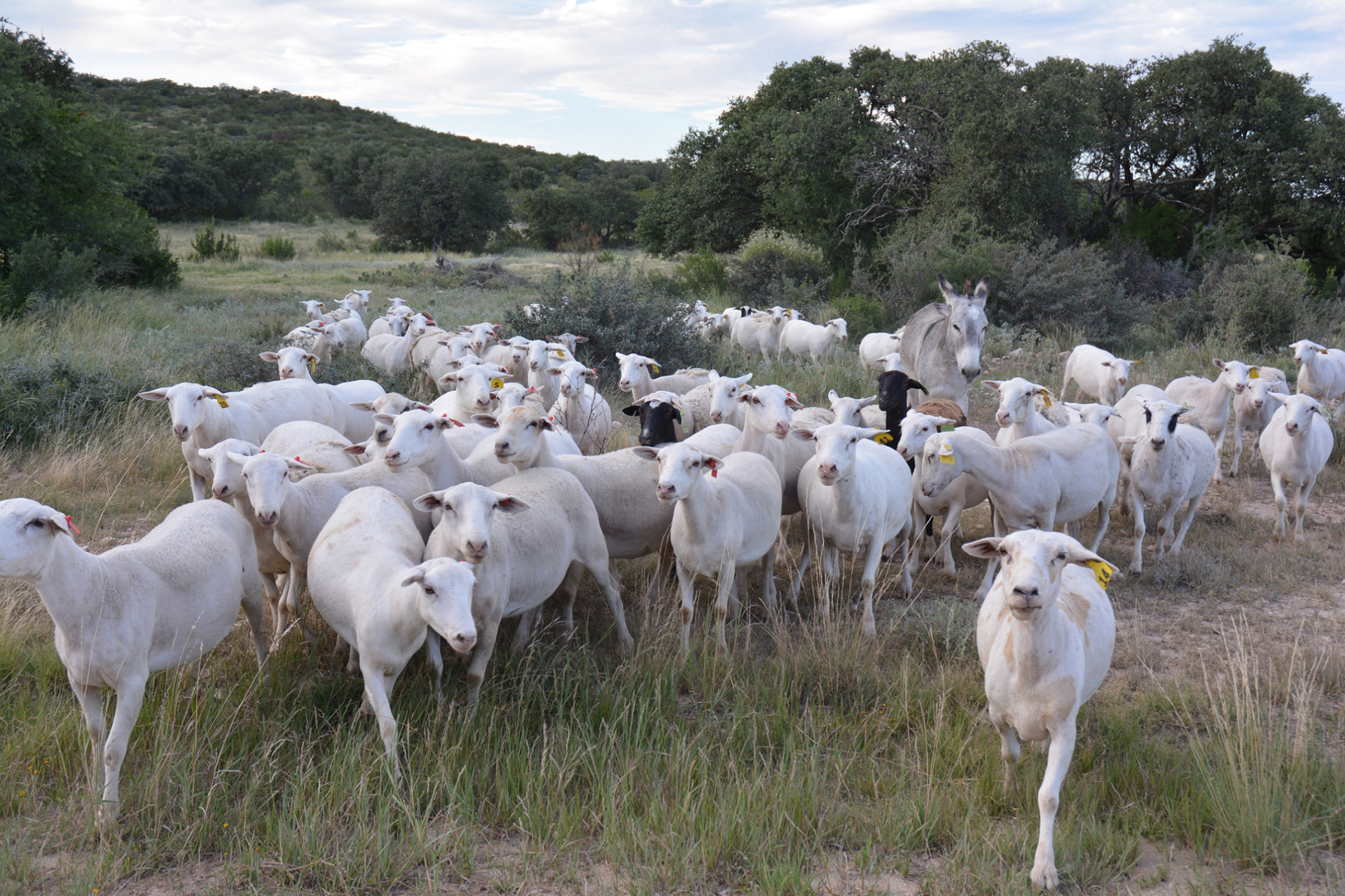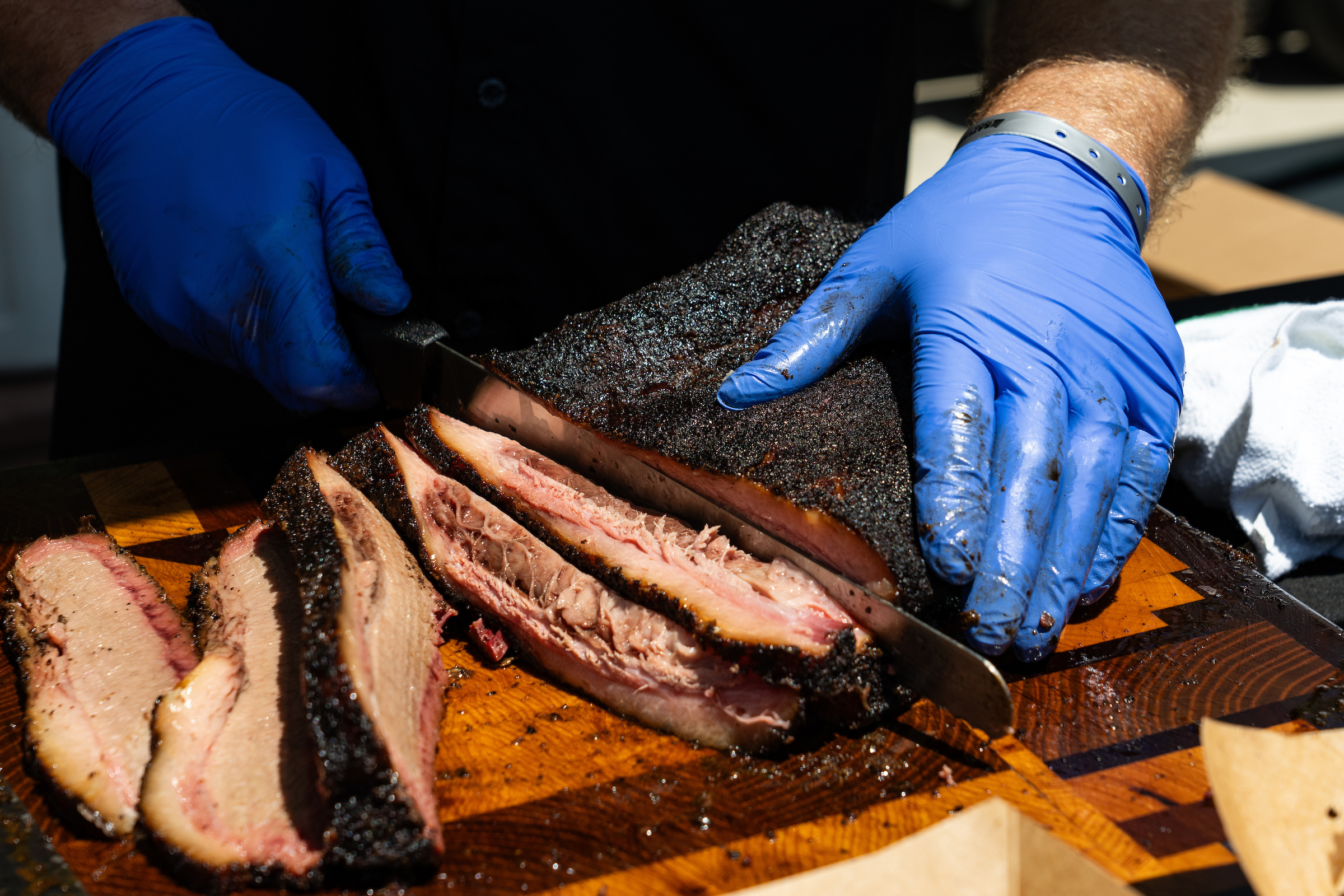When it comes to barbecue, few people in the Lone Star State know more than a trio of Texas A&M University meat scientists, affectionately known as the “Three Brisketeers.”
Together, these long-time friends and colleagues share more than 120 years of collective expertise in the art and science behind smoking and grilling meat to perfection. Whether beef brisket, pork ribs or poultry, they know the way to go when it comes to “smoking low and slow.”

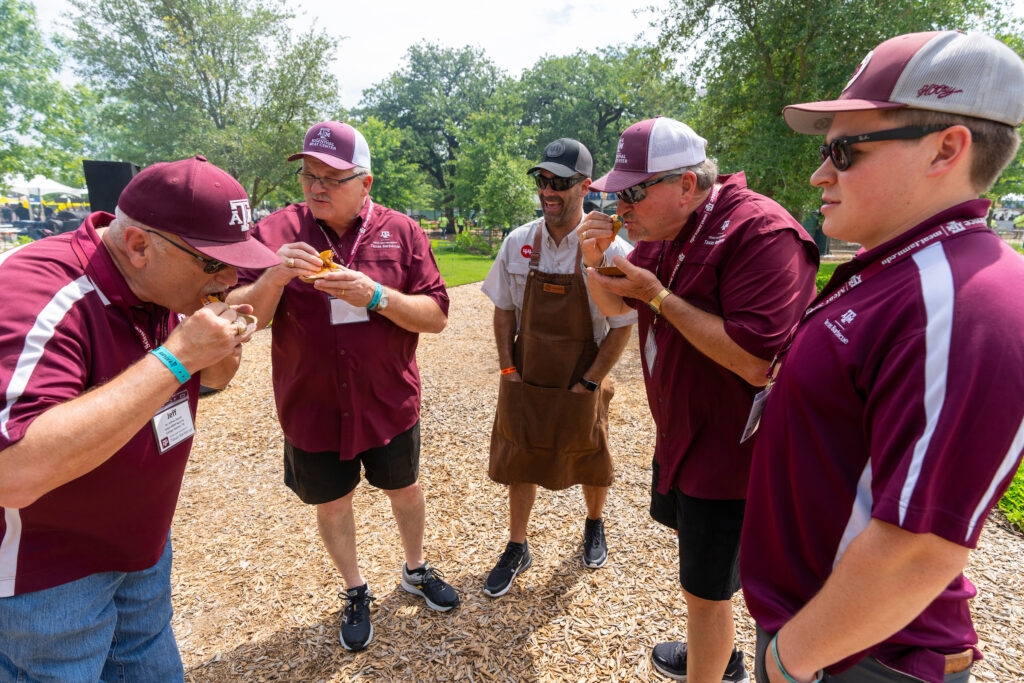
The Three Brisketeers are Davey Griffin, Ph.D., professor and Texas A&M AgriLife Extension Service meat science specialist, and Ray Riley, Rosenthal Meat Science and Technology Center manager, both in the Texas A&M College of Agriculture and Life Sciences Department of Animal Science, along with Jeffrey W. Savell, Ph.D., vice chancellor and dean for Agriculture and Life Sciences.
Here are some juicy tips the trio encourages every barbecue enthusiast to know.
Tip No. 1: Savor more than just the flavor
According to Savell, barbecue is not just about the food, it is about the journey. Enjoy the process of cooking and sharing a meal because smoking meat is as much about the human connection as it is the end product. So, remember to savor the time together as much as the dish.
“Barbecue brings us together,” Savell said. “Whether it’s a big festival or backyard cookout with friends and family, it’s all about that connection between us, our food and the memories we can create together.”
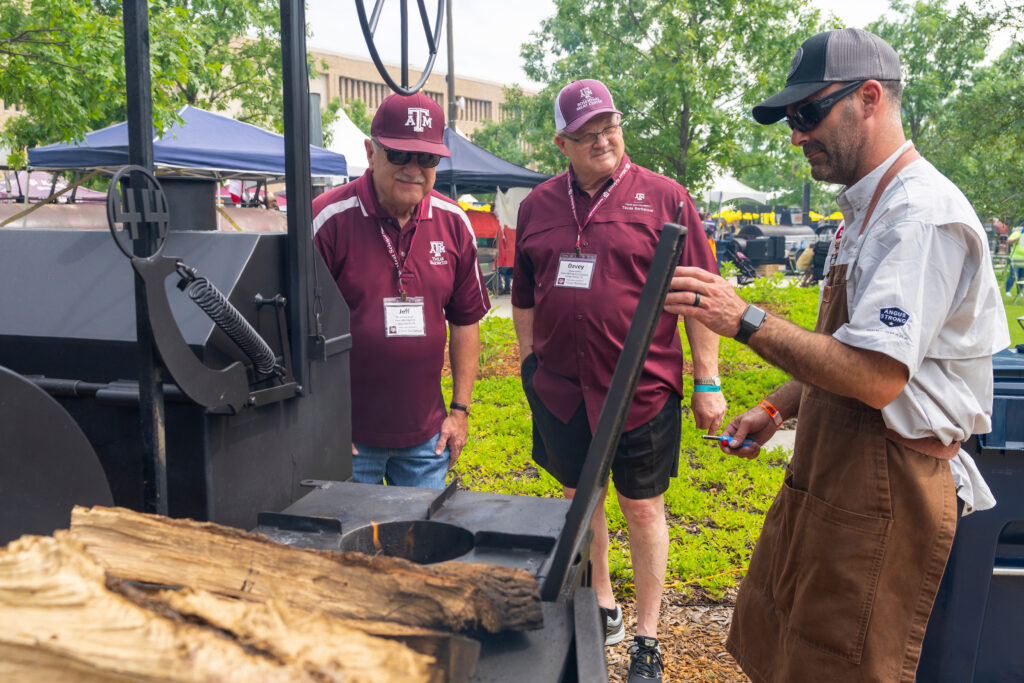
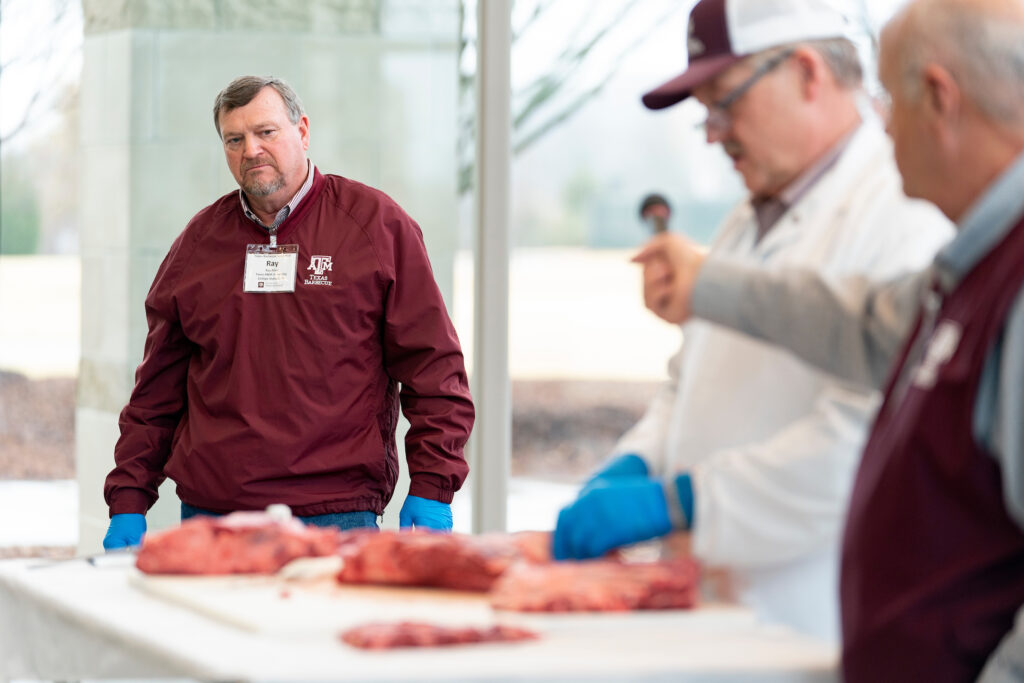
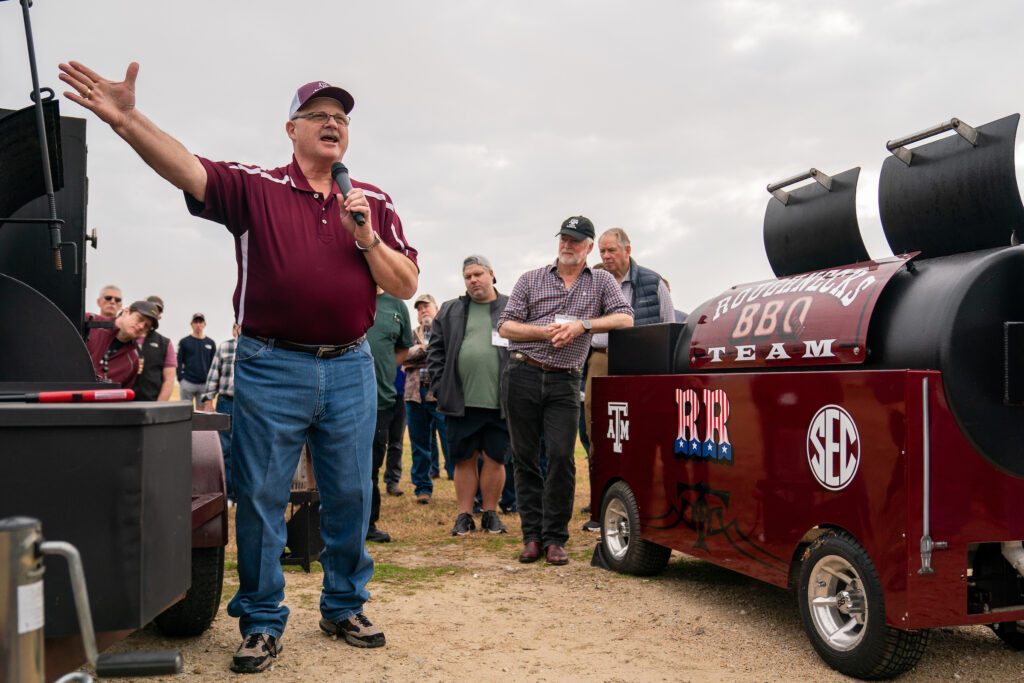
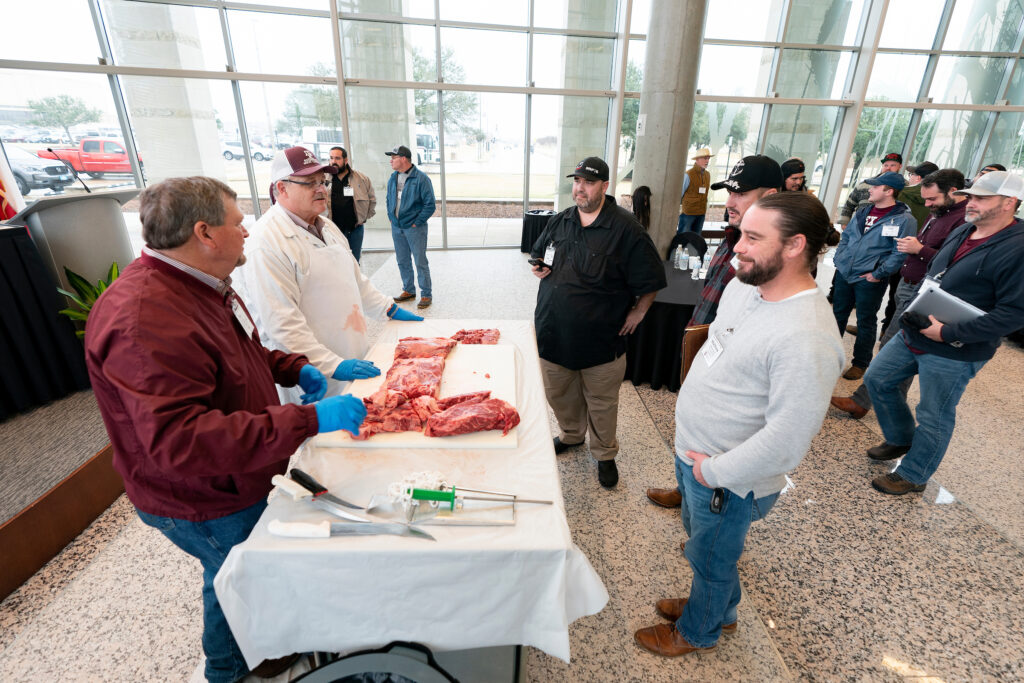
Tip No. 2: It’s all about quality, quality, quality
When it comes to barbecue, Riley said don’t skimp on quality. Use the highest quality cut of meat, spices, utensils and equipment that you can find. While you can make a good brisket with lower grade cut on a basic grill, upgrading to higher grades of meat and an improved smoker can really wow your guests.
“Quality matters, especially with meat and spices,” Riley said. “There are cuts for any budget and occasion, so go with the best quality meat available for your budget. Equipment like utensils and a smoker with a good thermometer make it easier to be consistent, but it all starts with the meat and what you put on it.”
Tip No. 3 – Knowledge is power
Griffin encourages everyone to learn the basics and always continue to learn. Whether learning from professional pitmasters, the Brisketeers, or through trial and error, knowledge and experience greatly improve your results. If you can learn the barbecue basics and understand your equipment, then you will be off to a strong start. However, if you can build upon that knowledge, then you will be on your way to mastery.
The Brisketeers are meat scientists – that’s right: there’s a science to meat. Their wisdom comes from applying this science, heat and seasoning at the right time, in the right ways, to allow meat to live up to its potential. It’s why they put on the Barbecue Summer Camps and Camp Brisket – to brings ideas together and share the art and science of barbecue. There’s no one tip that makes a difference – it’s the cumulative wisdom you gain that lets you make better barbecue.
“You can have the best equipment and the best meat, but grilling or using a smoker can be frustrating if you don’t know some basics,” he said. “You need to know how time and temperature work on certain cuts of meat and how spices or your wood choices play into the flavor. And knowing your equipment – the hot and cool and how it cooks – is critical to consistent success. Invest some time to learn and be ready for some trial and error.”
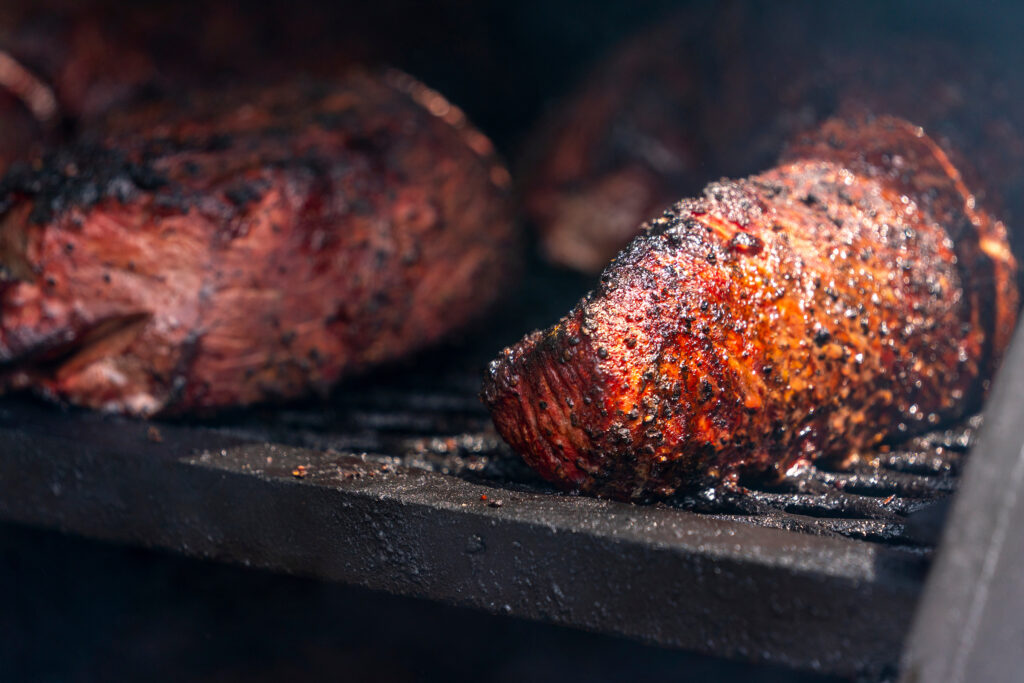
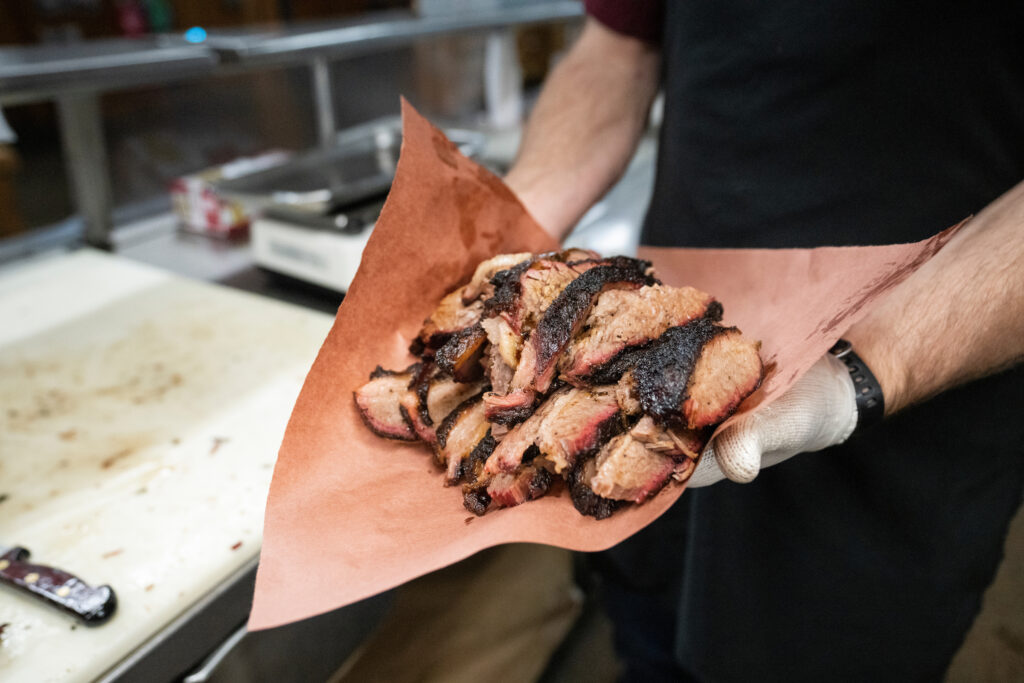
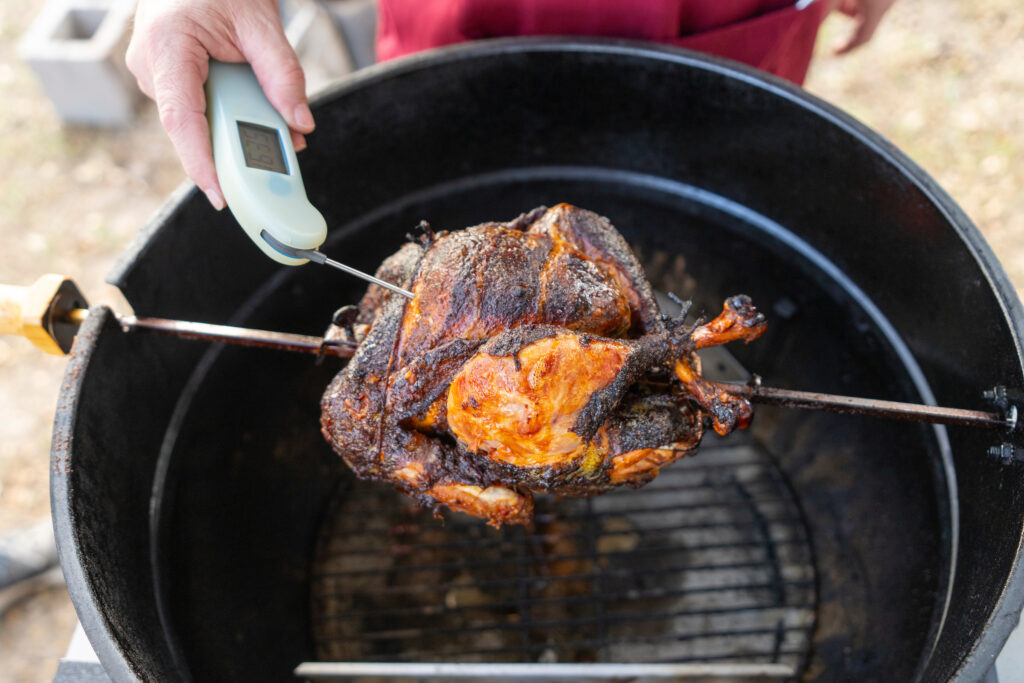
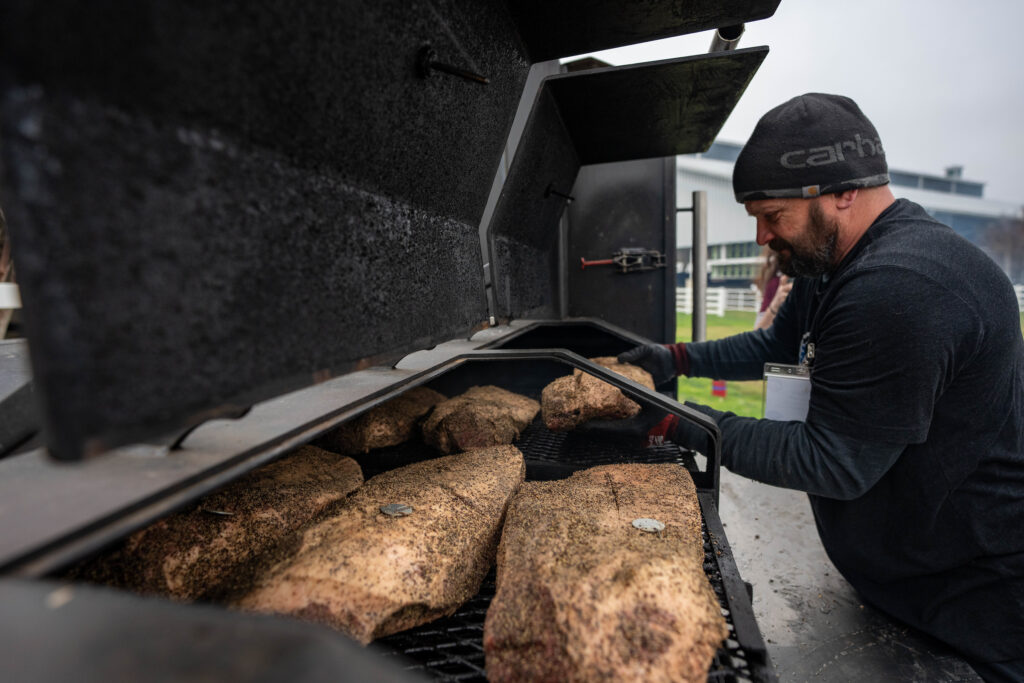
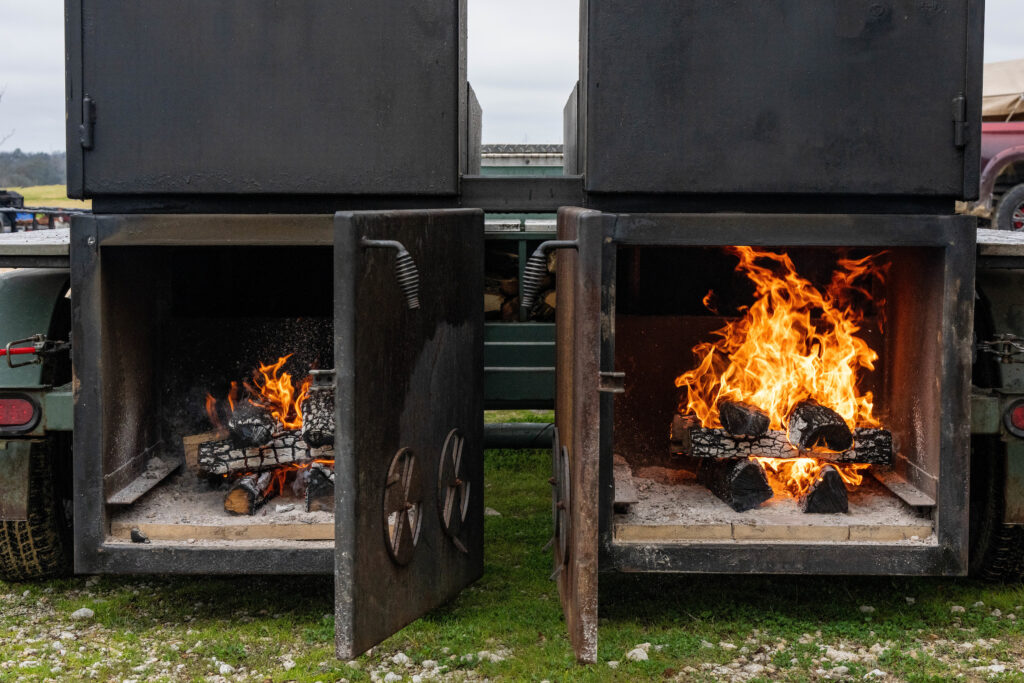
Tip No. 4 – Try new things and experiment in new ways
All Three Brisketeers agree that trying new things makes life more interesting, especially when it comes to barbecue. So, always be willing to try new things and experiment with different cuts and dishes.
“I encourage everyone to always try new things,” Griffin said. “Barbecue is always evolving, and different pitmasters have different tricks and techniques that you can take home and try on your own. That is one of the beautiful things about barbecue.”
So, there you have it, straight from the Three Brisketeers themselves. Fire up those smokers and grills, broaden your flavorful horizons, and enjoy the low and slow journey of barbecue. And, if you have any questions, visit them online at https://bbq.tamu.edu/.


